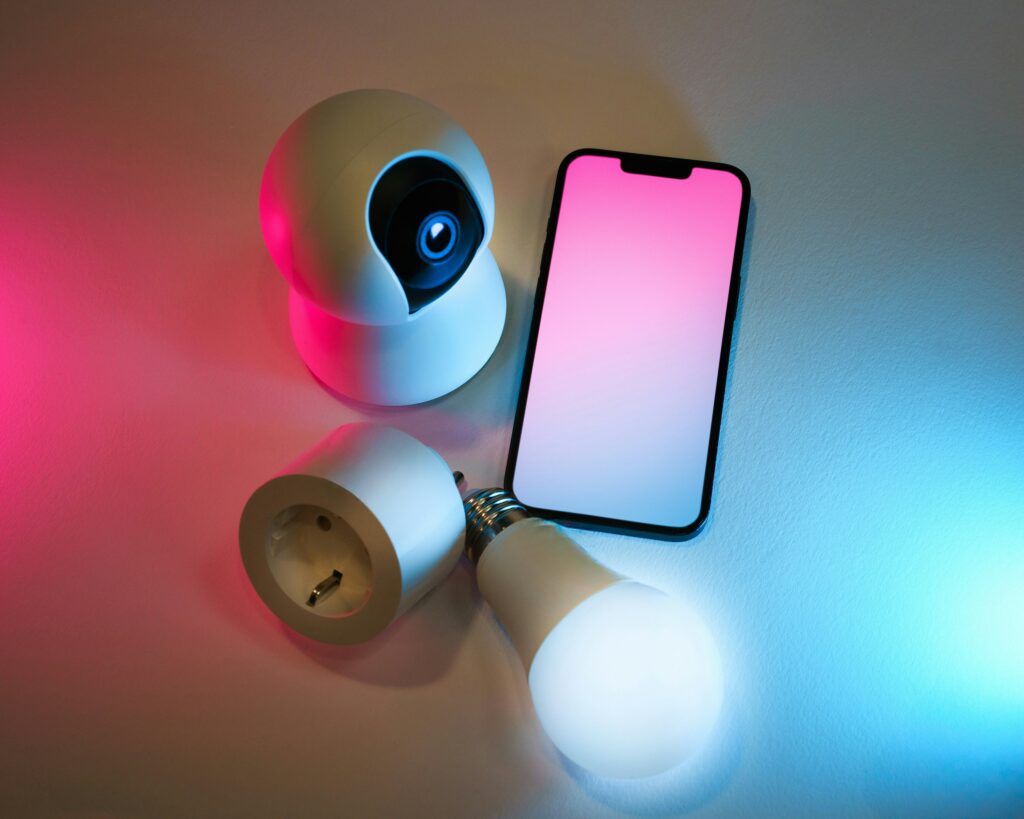
September 16th 2025
At 97 years old, Rosalie is a remarkable woman. Fiercely independent and full of determination, she has lived alone since 2014 and is intent on remaining in her beloved home for as long as possible. While age has understandably impacted her mobility, Rosalie has adapted well to changes with the help of key modifications: a stair lift, an upstairs wet room, a downstairs toilet, and a personal pendant alarm, all of which have supported her desire to live independently.
Crucially, Rosalie is not alone in her efforts. She has a devoted support network. Her daughter lives just half a mile away and visits regularly, while her son Ian, who lives seven miles away, also checks in multiple times a week. Despite the close family involvement, Ian found himself increasingly worried about his mother’s well-being on a day-to-day basis. He would often wonder: Has she got up? Has she managed to get downstairs safely? Has she eaten?
While frequent phone calls and regular visits helped to ease concerns, doing so multiple times a day felt invasive and impractical. Rosalie was clear that she did not want formal care unless it was absolutely essential – professional care visits at that point felt unnecessary and unwanted.
Then, Ian’s son suggested a different kind of solution: sensor-based technology. This idea appealed to everyone, especially Rosalie, who firmly rejected anything that involved cameras, microphones, or daily scheduled visits. After some research, the family discovered Lilli – a non-intrusive monitoring system using smart motion sensors to help families keep an eye on loved ones from a distance, without compromising their privacy or independence.
Eighteen months ago, they presented the idea to Rosalie. Sceptical at first, she was quickly reassured when she learned that the sensors were discreet, relied solely on motion detection, and did not require cameras or audio surveillance. It was exactly the kind of supportive, non-invasive solution she could accept.
The process of getting started with Lilli was refreshingly simple. Ian received the sensors by post, along with a straightforward instruction manual and a web tutorial. Within an hour, he had them set up and working – no need for tradespeople, rigid appointment times, strangers in the home, internet connections, or complicated installations. The sensors run on an inbuilt SIM card using mobile data, making it ideal for homes without Wi-Fi.
The results have been transformative for the entire family. Using the Lilli app on his iPad, Ian checks in daily. He can see whether motion has been detected in key areas such as the bathroom, kitchen, kettle, or fridge. This pattern of movement offers him reassurance that his mother is following her usual routine – getting up, making breakfast, and moving around the house safely.
More importantly, if something seems off, Ian can act quickly. Whether that means calling his mum, popping over, or asking another family member to check in, the system enables a swift and informed response.
One of the standout benefits has been the system’s reliability when Ian and his sister are away on holiday. They can monitor their mum’s activity from anywhere and coordinate with the broader support network, if needed.
Ian is quick to point out that Lilli doesn’t replace regular family visits, conversations, or phone calls. But for them, it’s an essential piece of the family puzzle – supporting Rosalie’s independence while giving the family peace of mind.
With the help of Lilli, Rosalie continues to live the life she wants, in the home she loves. And for her family, that is the greatest reassurance of all.
Photo by Jakub Żerdzicki on Unsplash
View all case studies